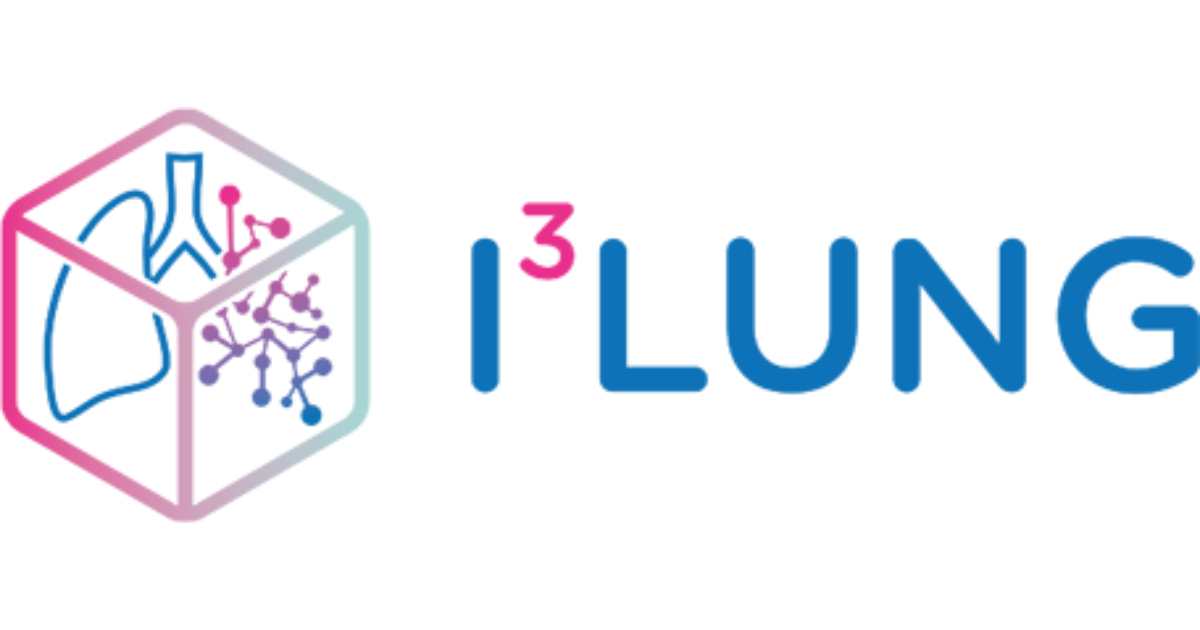-
+1 700 888 1234
-
Effingerstrasse 40 3008 Bern Switzerland

The new website was launched on February 2nd, learn more at: www.i3lung.eu
The I3LUNG project funded by the European Commission and promoted by MEDSIR, an independent clinical research company in oncology based in Barcelona, the Instituto Nazionale dei Tumori in Milan and other European institutions has launched a new website.
I3LUNG is set to revolutionize the way lung cancer is treated, aims to improve the diagnosis, treatment and prognosis of lung cancer through the use of cutting-edge technology and personalized medicine. This European project that brings together some of the best researchers and clinicians in lung cancer, with the goal of improving the lives of lung cancer patients by using advanced imaging and data analysis tools.
“Lung cancer is the leading cause of cancer death worldwide and we need to do more to improve the diagnosis, treatment and prognosis of this disease,” said Dr. Arsela Prelaj, Principal Investigator and leader of the I3LUNG. “Through the project, we aim to develop new and more effective ways to detect and treat lung cancer, and to ultimately improve the patients outcome.”
To support the project, a new website has been launched at www.i3lung.eu which provides information about it, its objectives, and the latest updates on the progress of the research. The website also offers resources for researchers, clinicians, and patient organizations working in the field of lung cancer.
Artificial Intelligence to Optimize Treatments
A team of specialized psychologists will monitor the patients individually. These professionals evaluate their well-being, opinion and feelings about the use of Artificial Intelligence (AI) in their respective cases, offering a valuable vision and allowing to optimize decisions.
According to Anne-Marie Baird, president of Lung Cancer Europe (LuCE), one of the partners in this project, “We know that not all tumors will respond the same way to immunotherapy. So with the use of AI, we hope to be able to achieve the identification of markers, so we’ll know which tumor is going to respond best to the therapy. And this is going to save people from unwanted toxicities and unnecessary therapies.”
The I3LUNG project is expected to run for 5 years, and if successful, the approach presented could justify an initial pilot study which could expand on the project and attempt to apply the tools and methodologies developed to all the cancer types for which patients are candidate to immunotherapy in daily practice.
For more information on the I3LUNG project, visit the website at www.i3lung.eu
